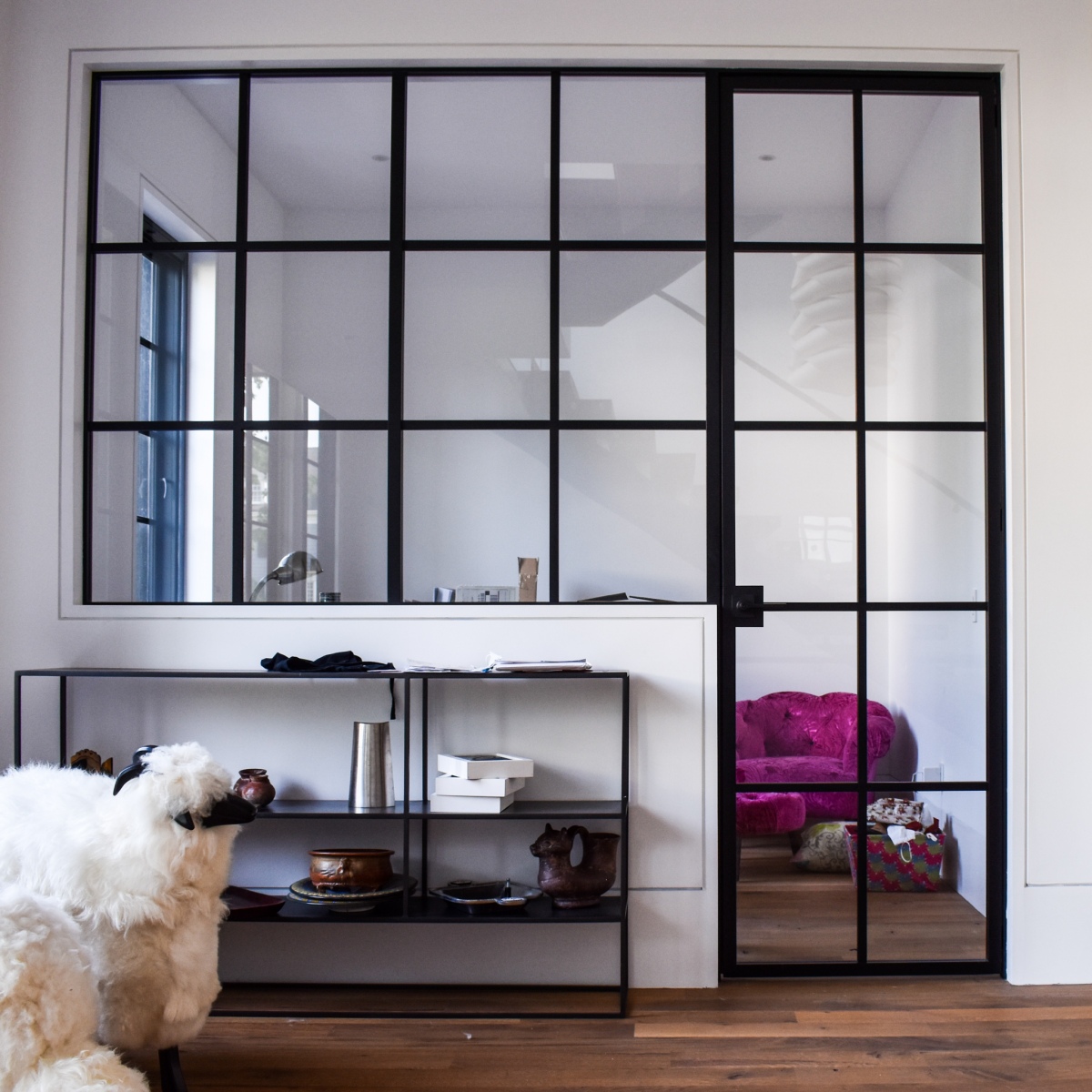Achieving the ideal balance between natural light and seclusion in both business and residential areas is critical in Singapore’s fast-paced urban environment. Glass wall partitions provide the best of both worlds and prove to be a practical and elegant solution to this problem. These dividers preserve the impression of space and openness while still offering the appropriate seclusion when required. This post will discuss how glass wall partitions are a great option for Singapore’s dynamic environment since they may provide seclusion without compromising natural light.
1. Overview of Glass Wall Dividers
Glass wall partitions are a cutting-edge substitute for conventional solid walls in interior design, revolutionising the field. These walls are made of sturdy glass panels that are very adjustable to meet the specific needs of each area. They are frequently framed in elegant steel or aluminium. Glass wall partitions are an elegant and modern approach to dividing spaces without limiting the amount of natural light that may enter a place, whether they are utilised in retail establishments, offices, or residential buildings.
2. Making the Most of Natural Light
With its tropical temperature and plenty of sunshine, Singapore offers the ideal setting for using natural light in interior spaces. Glass wall dividers let light into the interior of the building, making spaces bright and welcoming that improve wellbeing and productivity. Glass partitions support energy efficiency and sustainability initiatives in the city-state by lowering the need for artificial lighting throughout the day. This is consistent with Singapore’s commitment to environmental stewardship.
3. Establishing Confidential Areas
Glass wall partitions are known for their transparency, but they also have the advantage of dividing a room into private areas. Tinted or frosted glass alternatives can block views into private places like executive offices, conference rooms, or private residences. This capacity to strike a balance between privacy and openness is especially crucial in highly crowded metropolitan settings like Singapore, where security and secrecy are of the utmost importance.
4. Improving Visual Appeal
Glass wall partitions provide practical advantages, but they also enhance a space’s visual appeal by bringing a touch of refinement and modernity. Small areas appear larger and more airy due to the appearance of openness and expansiveness created by their translucent nature. Glass partitions may also be tailored with ornamental features like tinted glass or etched patterns, which makes it possible for them to blend in perfectly with the space’s overall design.
5. Improving Adaptability and Flexibility
The versatility and adaptability of glass wall dividers’ designs are one of its main benefits. Glass partitions are readily rearranged or removed to fit shifting space requirements or reorganisations, in contrast to typical permanent partitions. Because of their adaptability, they are the best option for dynamic settings like Singapore, where residential and commercial demands change quickly. Glass partitions are a versatile option that can be adjusted to fit the changing needs of users, whether they are being used to create shared workspaces, makeshift conference rooms, or private living quarters.
Conclusion
In Singapore’s bustling metropolis, glass wall partitions provide a useful and fashionable way to provide seclusion without compromising natural light. Glass partitions improve the aesthetic appeal and practicality of both business and residential spaces by optimising natural light, establishing private areas, boosting flexibility, and improving adaptability. Whether used in homes, workplaces, or retail spaces, glass wall partitions offer a chic and modern method to divide spaces while preserving an airy and light environment.
